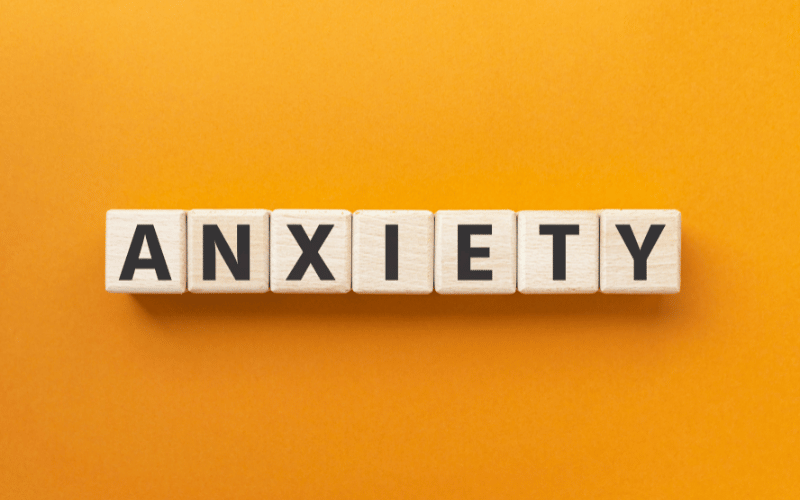Symptom 9: Anxiety and Distress

Experiencing the unexpected sounds or visions of an EHS episode is jarring in itself. But beyond these sensory perturbations, there’s an emotional turmoil that many sufferers grapple with: anxiety and distress. These feelings often overshadow the episode itself, making EHS not just a sensory phenomenon but an emotional ordeal.
Why do these feelings manifest so strongly? Much of the anxiety stems from the unpredictability of EHS episodes. Humans naturally crave patterns and predictability. EHS, with its capricious nature, defies this, leading to a heightened sense of vulnerability and unease. Every night becomes a game of chance: Will it happen again?
Our bodies are hardwired to respond to perceived threats. The sudden and intense stimuli of EHS can easily be construed as threats, triggering our fight-or-flight response. This leads to a surge of adrenaline, quickening of breath, and a pervasive sense of dread. It’s the body’s way of saying, “Be alert! Something’s not right.”
One of the most effective strategies to manage this anxiety is through knowledge and understanding. Knowing that EHS, while unsettling, is harmless can bring immense relief. Additionally, relaxation techniques, meditation, or even talking about the experience can help in diffusing the emotional intensity. Over time, with repeated episodes, many individuals also develop a degree of desensitization, leading to reduced anxiety. (9)